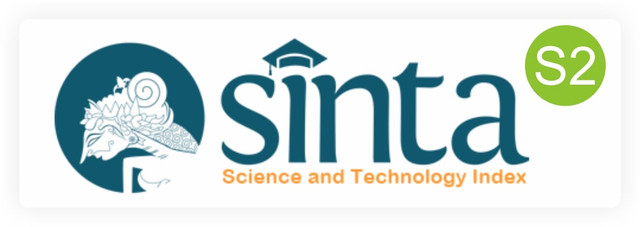Medication-related burden of chronic renal failure patients at regional general hospital Sleman Yogyakarta
DOI:
https://doi.org/10.12928/pharmaciana.v14i1.27646Keywords:
adherence, chronic renal failure, medication-related burdenAbstract
Patients with chronic renal failure must undergo lifelong treatment. The condition raises treatment-related responsibilities and may affect their treatment adhesion. The aim of this study was to determine the correlation between the burden of medication and the level of medication adherence among chronic kidney failure patients at Sleman Regional Hospital in Yogyakarta. This study took the form of observational study with a cross-sectional design. Data were collected using LMQ (Living with Medicine Questionnaire) and Visual Analog Sacle (VAS) overall burden to determine the burden and MARS (Medication Adherence Rating Scale) to determine medication adherence level. The samples in this study were 60 patients from all patients undergoing hemodialysis who met the inclusion criteria. Sampling was taken using a consecutive sampling technique with inclusion criteria of patients willing to complete the questionnaire and patients diagnosed with chronic renal failure aged more than 18 years. To determine the relationship between medication burden and medication adherence, data was examined using the Spearman test. The results of this study showed that 40 patients (66.7%) had moderate medication burden and 50 patients (83%) had moderate medication adherence. There was a significant correlation between the LMQ score and MARS (correlation-coefficient = 0.581, p=0.000) and a significant correlation between the VAS score and MARS (correlation-coefficient= 0.651, p=0.000). Thus, it can be concluded that there is a positive relationship between treatment burden and the level of treatment compliance, where the higher the burden, the higher the level of compliance in chronic kidney failure patients.
Downloads
Published
Issue
Section
License
Authors who publish with Pharmaciana agree to the following terms:
- Authors retain copyright and grant the journal the right of first publication with the work simultaneously licensed under a Creative Commons Attribution License (CC BY-SA 4.0) that allows others to share the work with an acknowledgment of the work's authorship and initial publication in this journal.
- Authors are able to enter into separate, additional contractual arrangements for the non-exclusive distribution of the journal's published version of the work (e.g., post it to an institutional repository or publish it in a book), with an acknowledgment of its initial publication in this journal.
- Authors are permitted and encouraged to post their work online (e.g., in institutional repositories or on their website) prior to and during the submission process, as it can lead to productive exchanges, as well as earlier and greater citation of published work.



1.png)











